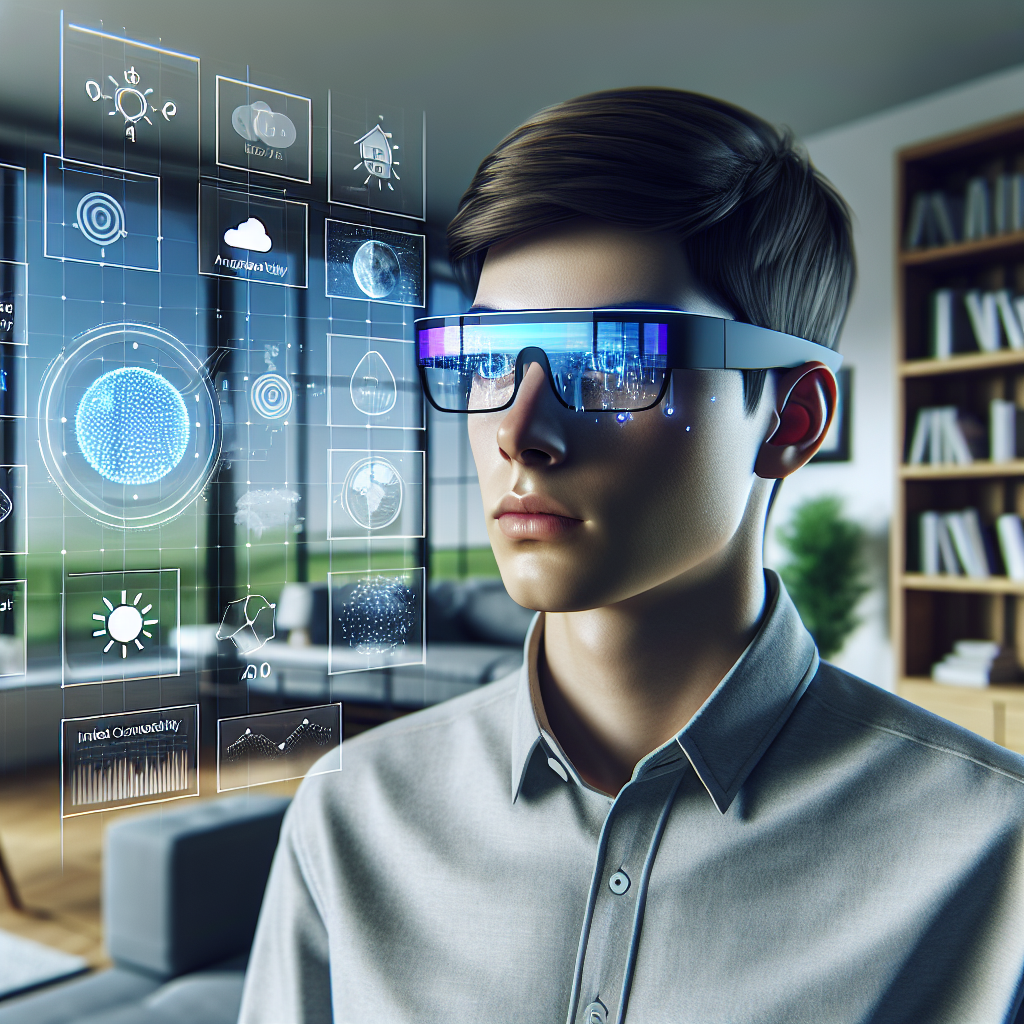Google Unveils Android XR with Gemini AI: A New Era for Smart Glasses

Introduction to Android XR
Google has announced a revolutionary step in the wearable tech industry with the unveiling of Android XR, an extended reality operating system designed to bring immersive experiences to smart glasses and headsets. Building on the familiar Android ecosystem, Google aims to enhance everyday interactions with digital content through this innovative platform.
Transformative Software Integration
The Android XR platform promises a seamless integration of Google's in-house applications. Users can enjoy services like YouTube and Google TV on expansive virtual screens. Additionally, Google Maps is enhanced with an immersive mode, making navigation intuitive and engaging. With Google Photos presented in a 3D format, viewing memories becomes a captivating experience.
Hand-Tracked Interactions and Gesture Controls
Hand-tracked gesture control is a standout feature of Android XR, allowing users to interact naturally with their devices. For example, a user might browse in Chrome and perform a visual search by simply drawing a circle around an item. This intuitive method extends the capabilities of typical mobile interfaces, enhancing productivity and convenience.
Integration of Gemini AI
A significant differentiator for Android XR is the integration of Google's Gemini AI model. The AI can interpret visual data, provide conversational responses, and manage device settings through natural language commands. This sophisticated AI layer offers users enhanced interaction possibilities not found in Apple's visionOS.
Device Availability and Development
While Google has not announced its own hardware, the Android XR system is projected to roll out with third-party manufacturers, starting with Samsung in 2025. Companies like Lynx, Sony, and XREAL are expected to join, likely offering more affordable alternatives to Apple's Vision Pro.
Future of Smart Glasses and Extended Reality
Google's cautious approach also shows interest in re-developing smart glasses, building on lessons from Google Glass. Android XR enables smart glasses to offer features such as real-time translation and dynamic navigation assistance, opening new realms for consumer and professional applications.
Conclusion
Google is positioning Android XR as not only a technological advancement but also as a scalable platform for third-party innovation. As developers and manufacturers begin to explore its potential, Android XR could very well lead to a new generation of practical, everyday wearable devices.




